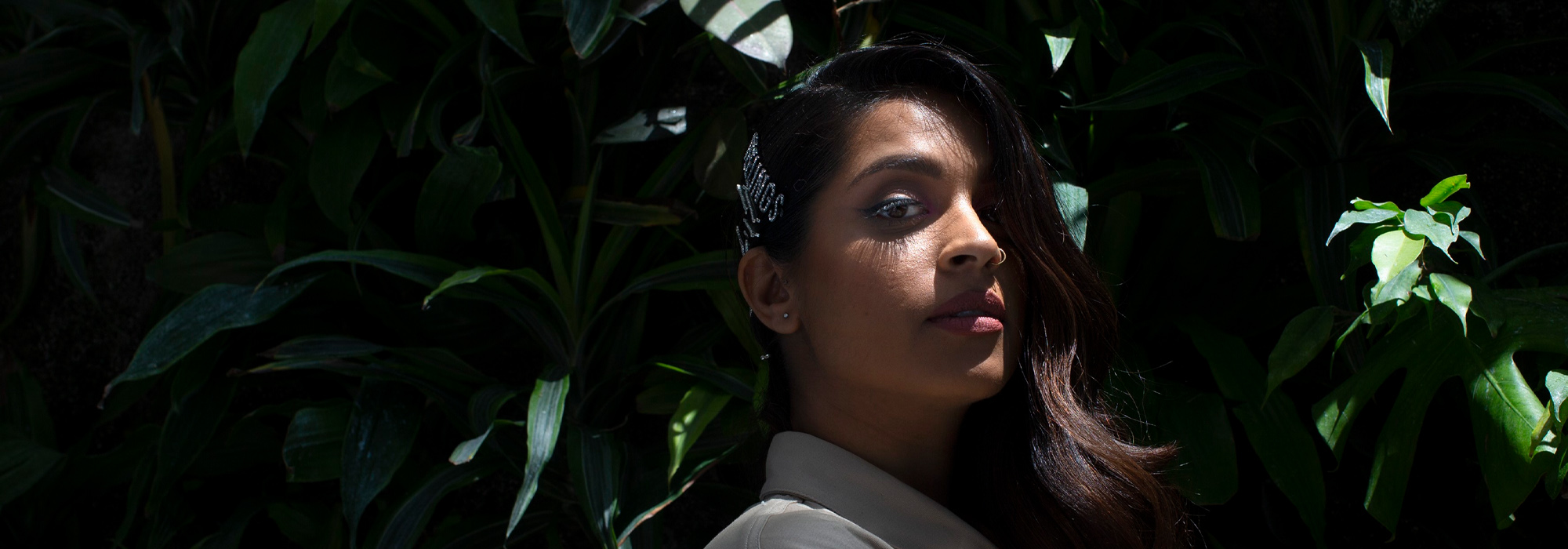With the recent tabling of amendments to the Broadcasting Act, policy-makers and the public should reflect on what Bill C-10 means for Canada’s internet creators. In a recent editorial, YouTube sensation and talk-show host Lilly Singh calls on lawmakers to preserve a hands-off approach to platform regulation. She argues that “Canadian policy-makers may not understand the uniqueness of YouTube as a platform” and fears that new broadcasting policy could “unintentionally destroy a thriving creative ecosystem.”
Singh’s concerns should worry regulators hoping to achieve bold change through C-10. The proposed amendments seem more like tinkering with television-focused broadcasting policy than the new vision needed to support and engage creators like Singh and their fans. More ambitious reforms should overhaul our national media regulator, emphasize creators’ rights, and cultivate a new generation of public media in order to create opportunities for content creators working online.
The CRTC shows its age
Missing from the proposed amendments is better consideration of cultural creators like Singh. Bill C-10 seems to exempt everyday social media users from regulation, leaves room for regulation of platforms like YouTube that have affiliate programs for select creators with enough subscribers. The regulation ignores the realities of cultural production in Canada today, with creators trying to earn a living on user-generated platforms like YouTube and Twitch, a live video streaming service.
These uncertainties will play out at our broadcasting regulator, the Canadian Radio-television and Telecommunications Commission (CRTC). The CRTC will likely put matters before a public hearing or a series of hearings where creators like Singh have traditionally been absent. There are few representatives for new internet-based creators. Efforts to create unions and creators’ self-representation have been slow.
This past January, a report of the Broadcasting and Telecommunications Legislative Review Panel called for sweeping reforms to “re-imagine” the CRTC with greater co-operation, research capabilities and the creation of a Public Interest Committee to improve public participation. None of these recommendations appears in Bill C-10, nor seems to be in motion even as the CRTC takes on new digital responsibilities.
Without serious attention to the uneven representation at the CRTC, the rights and interests of internet-based creators will be crushed in the looming conflict between international platforms (Google, Spotify, Steam, Patreon, and Twitch, for example) and national media giants (Bell, Rogers and Videotron) as they push for a regulatory advantage in the hearings that interpret the jurisdiction of these amendments.
Creators’ rights
Better care and awareness of the working conditions of online producers is needed in reforms to the Broadcasting Act now. Cultural production online is precarious, poorly paid, and out of the control of most creators.
Most Canadian YouTube creators don’t make enough money to earn a living. The report cited by Singh shows that 60.6 per cent of them earn less than $10,000 per year (figure 2.16 in the report). Platforms, in short, earn money for their stakeholders, not most creators.
Because cultural production is concentrated on a few platforms, creators have little control over how these platforms work. Tweaks to how advertising functions or the recommendations automatically pushed to users have major impacts on creators and the money they can make. Right now, musicians are worried about Spotify’s plans to allow labels and artists to promote music and have the platform “add that signal to the algorithm that determines personalized listening sessions.” This service would involve a cut to royalty payments.
Decades ago, there was hope that emerging platforms would create equitable models for profit sharing, and that the internet would create more horizontal organization. This never happened, and yet Bill C-10 does not address the challenging conditions for so many creators.
A new generation of public media?
The last question unresolved by C-10 is: what is the future of public media on the internet? Singh is part of the generations of Canadians who have grown up without the presence of the CBC or Radio-Canada as a meaningful part of their online habits. Sure, the CBC and Radio-Canada have their own streaming platforms, but there are few opportunities for creators to share and distribute their work. Author and filmmaker Astra Taylor has called for a people’s platform, a place for creators to make and share their work.
That Lilly Singh turned to YouTube to find a voice in Canada and abroad clearly demonstrates that Canadian public infrastructure is lacking for creators. Decades ago, the CBC was at the forefront of experimentation with the internet as public infrastructure. At the turn of the century, CBC launched and later shuttered an experimental TV and website ZedTV, encouraging users to upload content, cultivating a culture of public participation. What would something like ZedTV look like today?
Why not a non-profit alternative to crowdfunding sites like Patreon to help creators get paid for their work, which is often shared freely? Or building a Canadian equivalent to popular discussion forum Reddit with proper, compensated moderation and clear community standards built on values in line with the Canadian Charter of Rights and Freedoms, multiculturalism and the Broadcasting Act? Calls to nationalize or build publicly owned platforms dedicated to cultural production should be taken seriously now.
Reforms to the Broadcasting Act seem closer than ever, but Canadian creators online continue to be on the outside, without a clear way to participate nor a chance to build something better.
Photo: Lilly Singh is photographed in Toronto on June 3, 2019, as she promotes “A Little Late with Lilly Singh.” THE CANADIAN PRESS/Chris Young











